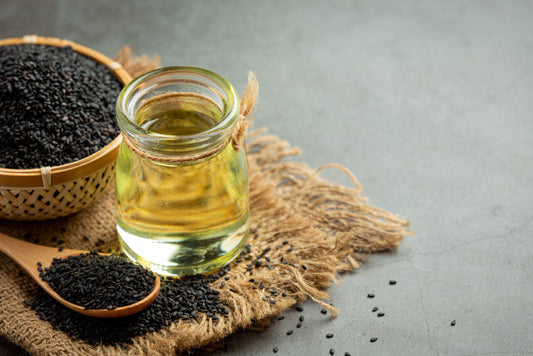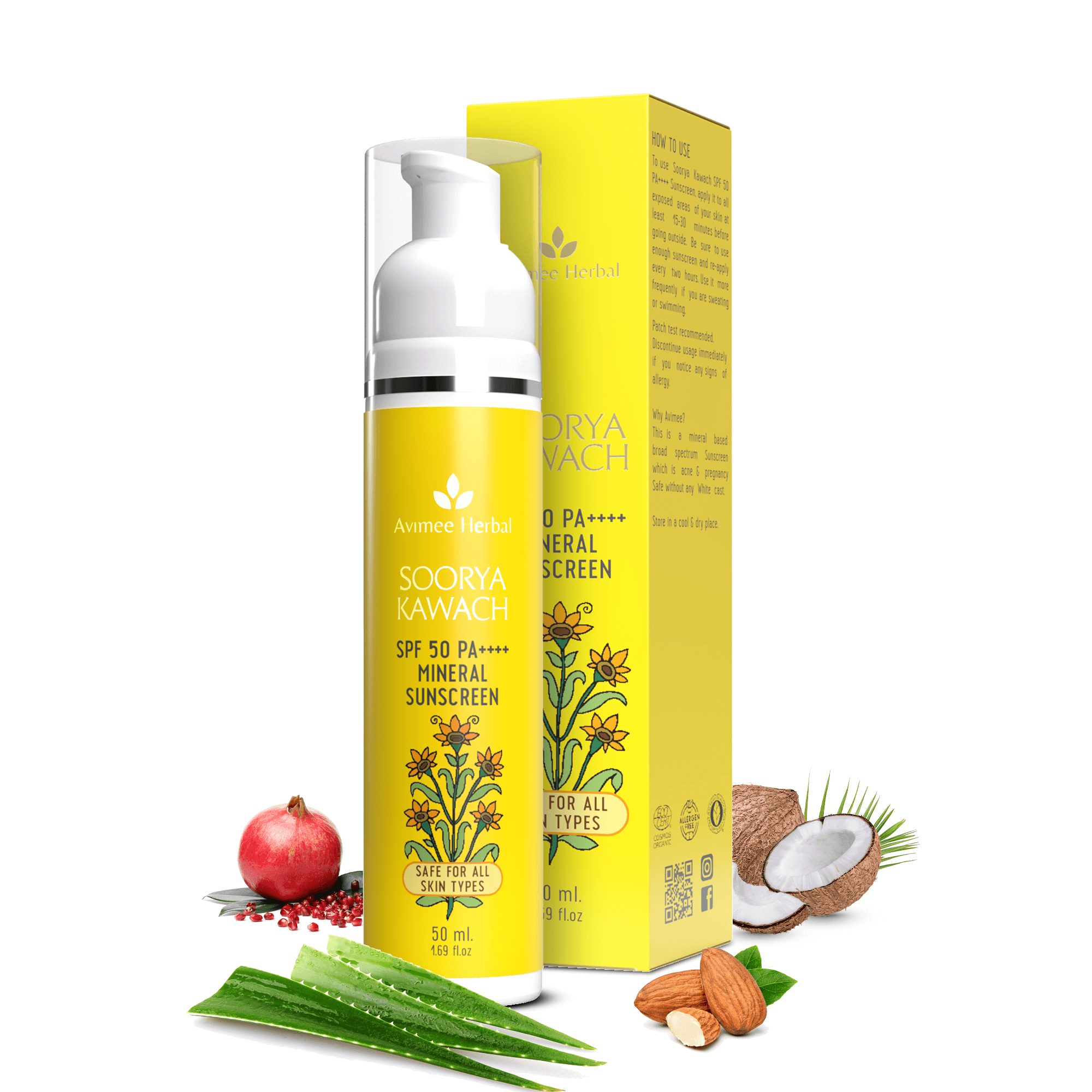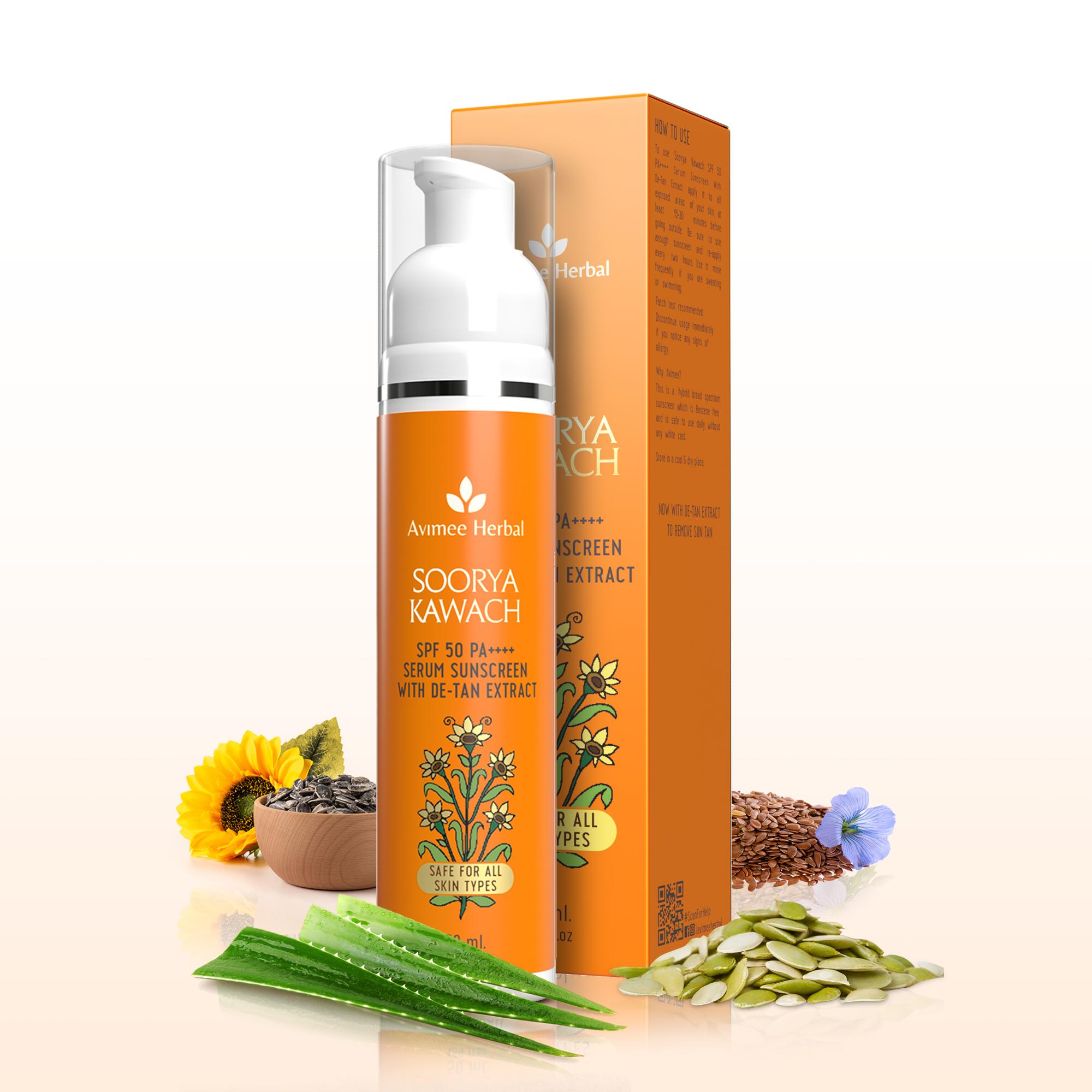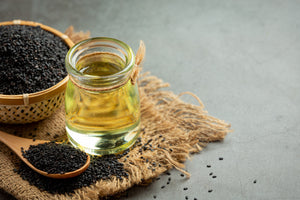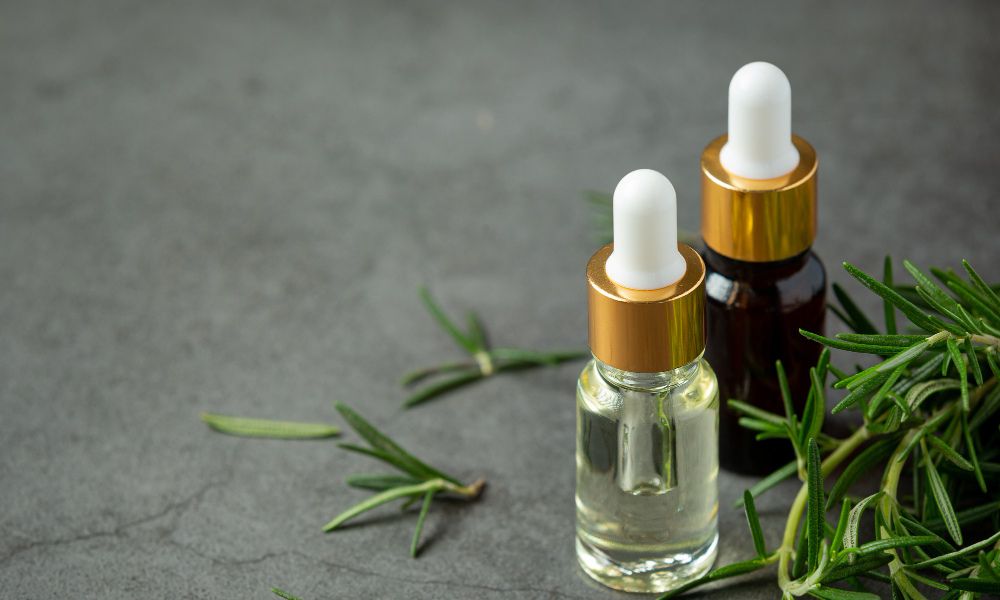Articles
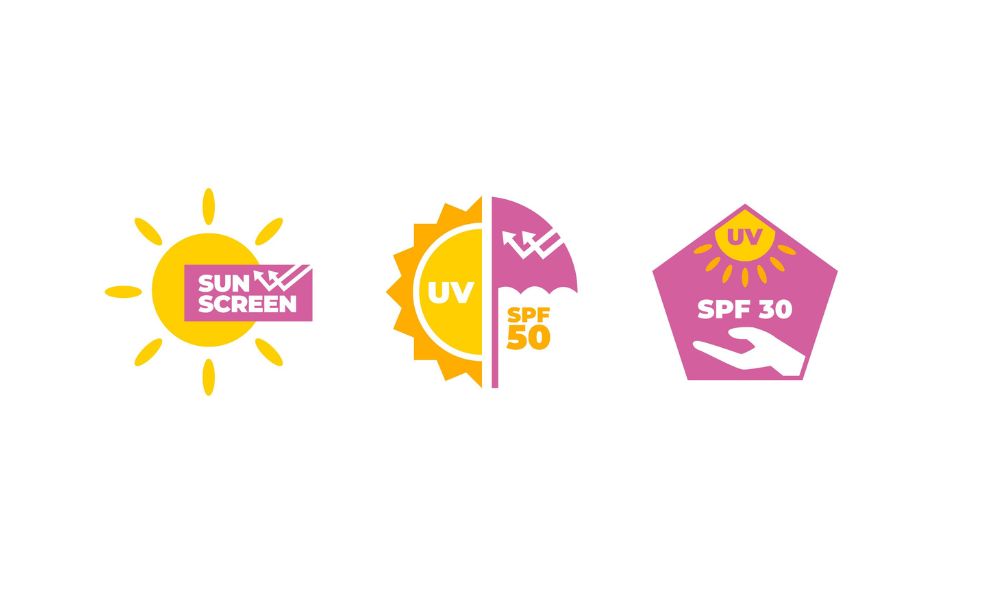
Skin Care
Sunscreen SPF 50 vs 30
Choosing the right sunscreen is crucial for shielding your skin from the sun's harmful ultraviolet (UV) rays. It can be lead to sunburn, premature aging, and even skin cancer.
While both SPF 30 and SPF 50 sunscreens offer significant protection.Let understand their subtle differences . Which can help you make an informed decision based on your individual needs and sun exposure habits.
Key Distinctions in Sun Protection:
|
Feature |
SPF 30 |
SPF 50 |
|
UVB Ray Blockage |
97% |
98% |
|
Sunburn Protection |
Extends time to burn by 30x compared to no sunscreen |
Extends time to burn by 50x compared to no sunscreen |
|
UVA Ray Blockage |
Look for "broad-spectrum" label for UVA protection |
Look for "broad-spectrum" label for UVA protection |
|
Ideal Users |
Suitable for most skin types and moderate sun exposure |
Suitable for fair or sensitive skin, prolonged sun exposure |
|
Price |
May be slightly less expensive |
May be slightly more expensive |
Delving Deeper
- SPF (Sun Protection Factor): This numerical rating indicates the sunscreen's ability to block UVB rays, the primary cause of sunburn. Both SPF 30 and SPF 50 provide excellent protection, but SPF 50 offers a marginal 1% increase in UVB blockage.
- UVA Rays: While not directly responsible for sunburn, UVA rays penetrate deeper into the skin, contributing to premature aging and wrinkling. Look for "broad-spectrum" on the label to ensure protection against both UVA and UVB rays.
- Skin Type and Sun Exposure: SPF 30 is generally sufficient for most skin types with moderate sun exposure. SPF 50 is recommended for fair or sensitive skin, individuals with a history of skin cancer, or those spending extended time outdoors at high altitudes or near the equator.
- Formulation: Sunscreen textures can vary. SPF 30 options can be thicker and greasier, while SPF 50 formulas may be lighter and more cosmetically appealing. Choose based on your personal preference and skin type.
Beyond the SPF Label:
While SPF is a critical factor, remember:
- Reapplication is Key: Regardless of SPF, reapply sunscreen every two hours, especially after swimming, sweating, or toweling dry.
- Seek Shade: When possible, limit direct sun exposure, especially during peak UV hours (10 AM to 4 PM).
- Protective Clothing: Consider wearing sun-protective clothing, such as hats and long sleeves, for added defense.
- Consult a Dermatologist: If you have concerns about your skin or specific sunscreen needs, consult a dermatologist for personalized advice.
FAQ:
Question 1. Under 18, can we use sun creams having a higher SPF?
Answer: Absolutely! Sunscreens with SPF 30 or higher are generally safe and recommended for everyone, regardless of age. These sunscreens offer broad-spectrum protection from the sun's harmful rays.
Question 2. Is sunscreen lotion with SPF 30+ enough for daily use?
Answer: Yes, SPF 30 sunscreen is a great choice for daily use! It blocks out over 97% of the sun's harmful UVB rays, which helps protect your skin from sunburn and long-term damage. For extended outdoor activities, consider a higher SPF like 50+

 Doctor Consultation
Doctor Consultation


